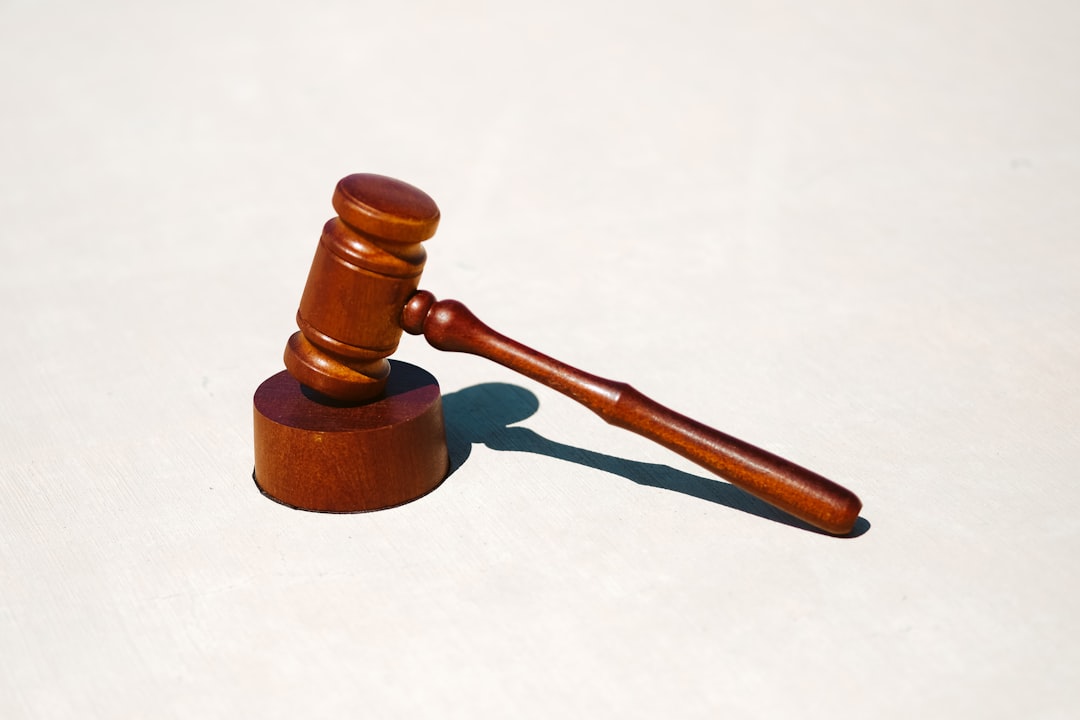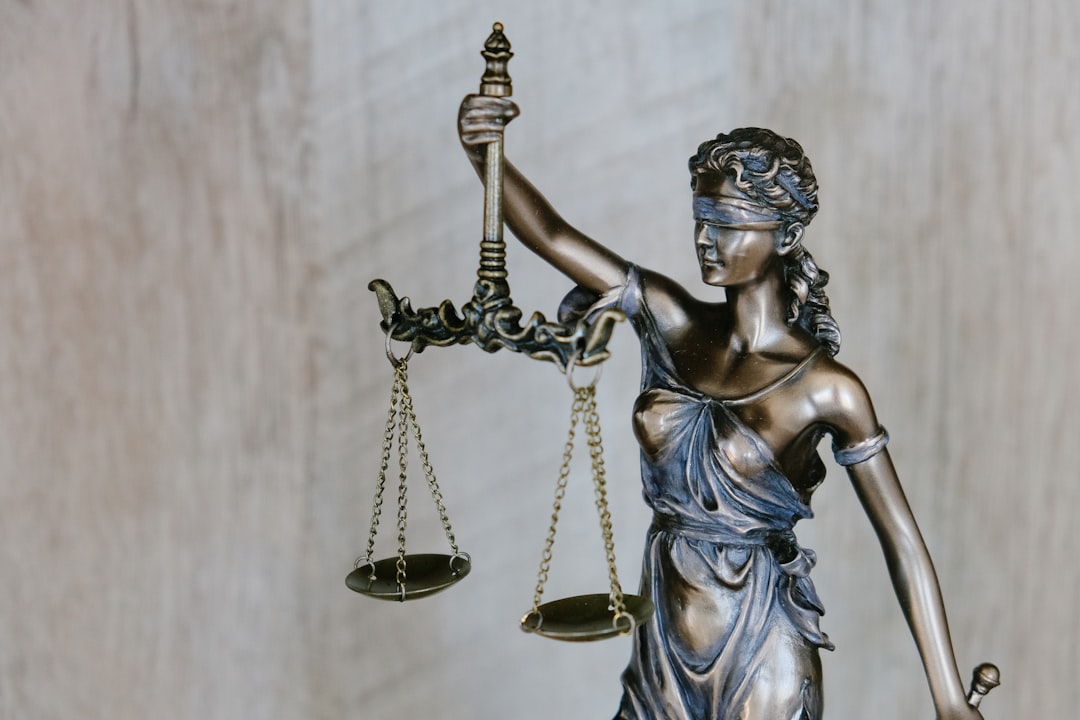Sexual abuse within religious institutions in Colorado remains a critical issue, but the state's progressive legal approach and dedicated sexual abuse law firms are leading efforts to combat it. Through education, policy reforms, and increased transparency, Colorado ensures survivors feel empowered to come forward. The state has implemented comprehensive legislative initiatives emphasizing transparency, accountability, and victim protection, including mandatory training for leaders, a centralized tracking system, and support services. These measures make Colorado a leader in safeguarding against sexual exploitation within religious contexts, with sexual abuse law firms playing a crucial role in prevention and policy development.
In recent years, states across the nation have been compelled to address the pervasive issue of sexual abuse within religious institutions. Colorado has emerged as a leader in this fight with its comprehensive approach to prevention. This article explores Colorado’s legislative response, focusing on key components like education and training for clergy and staff. By examining these measures, we uncover how Colorado is not only preventing abuse but also fostering safer environments through innovative strategies, offering valuable insights for other states, including those seeking assistance from sexual abuse law firms in Colorado.
Understanding the Scope of Sexual Abuse in Religious Institutions

Sexual abuse within religious institutions is a significant and complex issue that demands attention and proactive solutions. Colorado, known for its progressive approach to legal matters, has been at the forefront of addressing this sensitive topic. The state’s sexual abuse law firms play a crucial role in holding institutions accountable and providing support to victims.
In many cases, sexual abuse in religious settings goes unreported due to power dynamics, fear, and cultural norms. It can involve various forms, from inappropriate touching and harassment to more severe forms of assault. Colorado’s legal framework has evolved to recognize the unique challenges within these institutions, ensuring that survivors feel empowered to come forward. With dedicated sexual abuse law firms leading the way, there is a growing emphasis on education, policy reforms, and increased transparency to prevent and address such abuses effectively.
Colorado's Legislative Response: A Comprehensive Overview

In response to the critical issue of sexual abuse within religious institutions, Colorado has taken a comprehensive and proactive approach with its legislative initiatives. The state’s efforts focus on enhancing transparency, accountability, and protection for victims and potential survivors. One notable development is the establishment of strict guidelines and regulations that mandate reporting and disclosure policies for all religious organizations. This includes mandatory training for leaders and staff, ensuring they are equipped to recognize and report any instances of sexual misconduct.
Colorado’s sexual abuse law firm has been instrumental in shaping these reforms by providing legal expertise and advocacy. The legislation also creates a centralized system for tracking and managing reports, fostering a safer environment. Additionally, it offers support services and resources for survivors, encouraging them to come forward without fear of retaliation. These measures reflect Colorado’s commitment to addressing historical instances of abuse and preventing future occurrences, making it a leader in safeguarding against sexual exploitation within religious contexts.
Key Components of Colorado's Prevention Strategy

Colorado has implemented a comprehensive strategy to address and prevent sexual abuse within religious institutions, focusing on several key components. One of the primary aspects is education and training for clergy and lay leaders, ensuring they are equipped with the knowledge and skills to identify potential risks and respond appropriately. The state encourages regular workshops and seminars that cover topics such as consent, boundaries, and healthy relationships.
Additionally, Colorado’s prevention strategy involves establishing clear policies and protocols. This includes mandating background checks for all staff and volunteers, implementing secure record-keeping systems, and promoting open communication channels for victims to come forward without fear of reprisal. The state also advocates for regular reviews and updates to these policies, ensuring they remain effective and relevant in addressing sexual abuse concerns within religious organizations, as recommended by top sexual abuse law firms Colorado.
The Role of Education and Training for Clergy and Staff

In Colorado, preventing sexual abuse within religious institutions involves a comprehensive approach that prioritizes education and training for clergy and staff members. This proactive measure is recognized as a game-changer in safeguarding individuals and fostering a culture of respect and consent. The state’s top sexual abuse law firms have been instrumental in advocating for such initiatives, ensuring that every community has access to resources and support.
Through workshops and seminars, religious leaders and employees learn to identify signs of potential abuse, understand the impact of such incidents, and develop strategies to respond effectively. This training equips them with the knowledge to create a safe environment, promote healthy boundaries, and provide necessary assistance to those who may be at risk or have experienced abuse. By empowering individuals within these institutions, Colorado aims to prevent and address sexual misconduct, making it a safer place for everyone.
Impact and Challenges: Continuous Improvement and Support

Colorado’s approach to preventing sexual abuse within religious institutions is a proactive and comprehensive strategy that aims to create safer environments. The state has recognized the unique challenges faced by faith-based organizations in addressing this sensitive issue, often characterized by complex cultural dynamics and varying interpretations of doctrine. Many religious communities in Colorado have embraced education as a powerful tool, offering training programs to leaders and volunteers on recognizing signs of abuse, establishing clear reporting protocols, and fostering an open dialogue about consent and personal boundaries.
The impact of these efforts is evident in the increased awareness and improved response times. However, challenges remain, particularly in terms of ensuring consistent implementation across diverse religious groups. A sexual abuse law firm in Colorado highlights the importance of continuous improvement, emphasizing the need for regular reviews and updates to policies and procedures. By encouraging open communication, supporting survivors, and providing resources for prevention, Colorado is taking significant steps towards eradicating this pervasive issue within its religious institutions.






